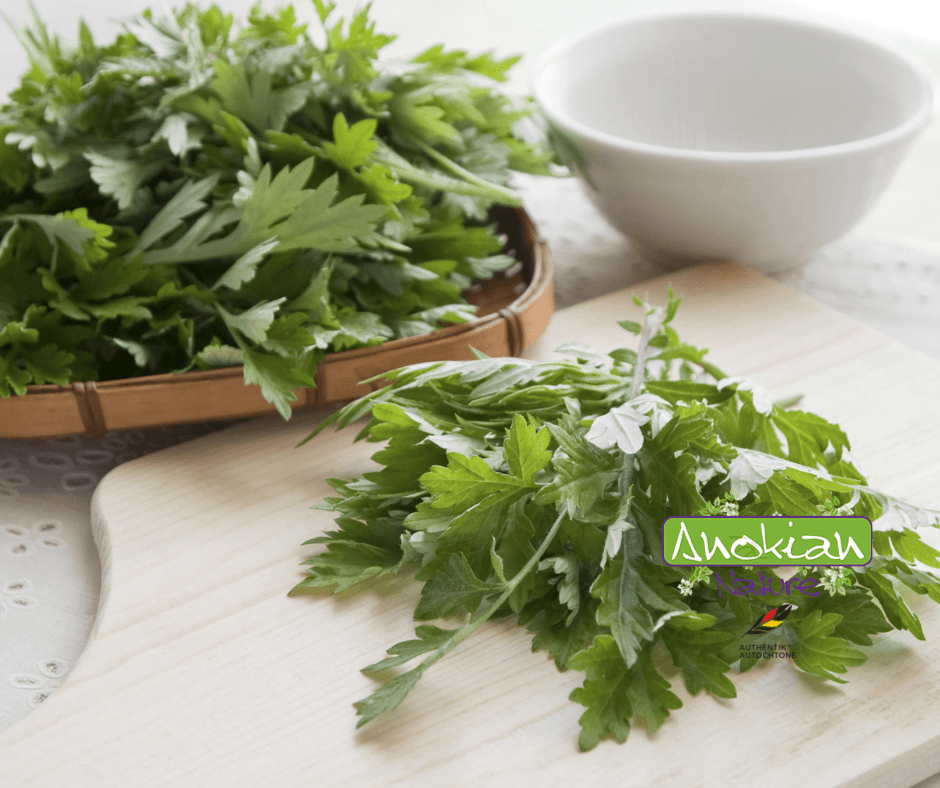Skip to product information










Seed | Common Mugwort
$3.99 CAD
Quantity
Mugwort (Artemisia vulgaris) is a perennial herb known for its hardiness and traditional medicinal properties. These seeds produce plants with aromatic, silvery foliage that adapt to a variety of soil conditions. Ideal for medicinal herb gardens or as an architectural feature in natural landscapes, this hardy plant also attracts beneficial pollinators while naturally resisting pests.